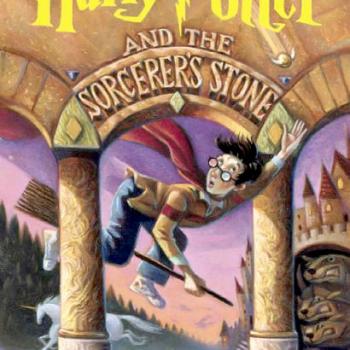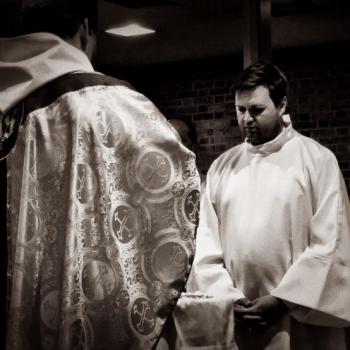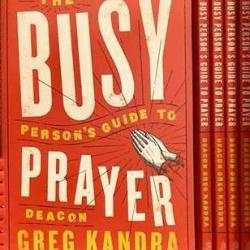Last summer, I decided to revisit one of my favorite books, “The Great Gatsby.” I almost read it in one sitting. The sheer music of it was as captivating as I remember, and the lines just flowed. F. Scott Fitzgerald captured something elusive and haunting and real in that book; there’s a mystery and delicacy to it that somehow eluded the filmmakers in their overblown version from the 1970’s that featured Robert Redford and lots of pretty shirts.
I was smitten by the book when I first read it in high school. In an ironic twist, when my wife and I were married at old St. Mary’s Church in Rockville, Maryland in 1986, we were surprised to learn that two of those in attendance would be Scott and Zelda Fitzgerald. They are buried in the churchyard right outside the chapel, just a few feet from where we exchanged our vows. In fact, the gravestone is marked with the famous words that close “The Great Gatsby: “So we beat on, boats against the current, borne back ceaselessly into the past…”
Well, it seems someone has decided that all that elegant prose was just too much for a young audience.
Roger Ebert gives us a look at a revised version of F. Scott Fitzgerald’s classic — and it’s just awful:
I learn that the Margaret Tarner “retelling” employs an Intermediate Level vocabulary of “about 1,600 basic words.” Upper Level students can feast on 2,200 basic words.
There are so many things I want to say about this that even an Upper Level vocabulary may prove inadequate.
The first is: There is no purpose in “reading” The Great Gatsby unless you actually read it. Fitzgerald’s novel is not about a story. It is about how the story is told. Its poetry, its message, its evocation of Gatsby’s lost American dream, is expressed in Fitzgerald’s style–in the precise words he chose to write what some consider the great American novel. Unless you have read them, you have not read the book at all. You have been imprisoned in an educational system that cheats and insults you by inflicting a barbaric dumbing-down process. You are left with the impression of having read a book, and may never feel you need return for a closer look.
He goes on, with extensive quotes, but here’s a sample.
Fitzgerald’s famous conclusion of the book:
And as I sat there, brooding on the old unknown world, I thought of Gatsby’s wonder when he first picked out the green light at the end of Daisy’s dock. He had come a long way to this blue lawn and his dream must have seemed so close that he could hardly fail to grasp it. He did not know that it was already behind him, somewhere back in that vast obscurity beyond the city, where the dark fields of the republic rolled on under the night.
Gatsby believed in the green light, the orgastic future that year by year recedes before us. It eluded us then, but that’s no matter–tomorrow we will run faster, stretch out our arms farther. . . . And one fine morning—-
So we beat on, boats against the current, borne back ceaselessly into the past.
The revision (or “retelling”) :
Gatsby had believed in his dream. He had followed it and nearly made it come true.
Everybody has a dream. And, like Gatsby, we must all follow our dream wherever it takes us.
Some unpleasant people became part of Gatsby’s dream. But he cannot be blamed for that. Gatsby was a success, in the end, wasn’t he?
Robert Ebert rightly condemns this as an “obscenity.” Read the rest, if you can stomach it.













